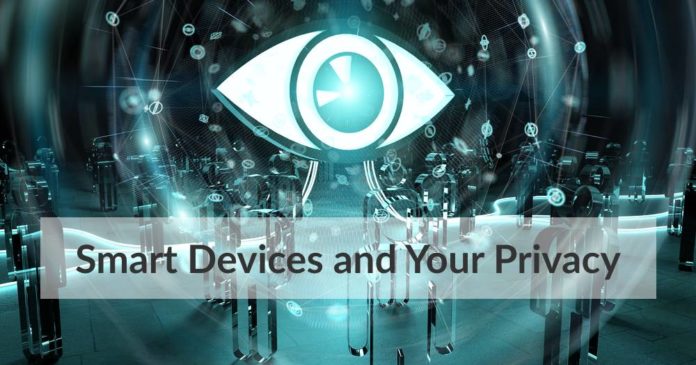
If you’re anywhere like me, you love modern smart devices. But their daily use does come with some trade-offs, with major corporations being able to listen to your words. Sure, they all claim your privacy is well protected but is it? In today’s article, we explore the effects of smart devices on your privacy, starting with smart speakers. Let’s get started, shall we?
Smart speakers may be listening to you
Smart speakers are voice-controlled devices that include virtual assistant integration. They use a hot word or phrase like “Alexa,” “Hey Siri” and “Ok Google” to trigger interactive actions that let users perform a number of different tasks — including playing music, sending and replying to messages, and performing browser searches.
Smart speakers are getting increasingly smarter with the day, and are able to accurately understand your voice commands. Yes, they employ modern voice recognition technologies, but that’s only part of the answer. To make smart speakers work with a variety of accents, companies making these devices and the underlying software — i.e. Amazon, Apple, Google and Microsoft — employ real people to understand different voices. And that’s a tricky part as this means other people may be listening to what you’re saying.
Major companies behind smart speaker technologies understand users’ privacy concerns and are therefore anonymizing the audio data before giving it to human contractors to help them advance their voice recognition algorithms. Nonetheless, we are talking about private recordings that you may not want to share with anyone, let alone some guy/gal on the other side of the planet.
I guess that’s part of the package and those actions by human contractors will ultimately make smart speakers that much better, but it would be nice if users were aware of this in the first place. Today, Amazon allows users to opt-out of this practice, while Apple and Google have changed their ways due to public outrage. As I’m writing this, Microsoft continues to use human contractors for their Cortana system — but they say all the data is anonymized and can hardly help anyone identify any single individual.
What about smart cameras?
The situation is arguably worse with smart cameras, cause in addition to audio, these devices also process video content. Specifically, a smart camera comes with capabilities like motion sensing, human detection, and facial recognition. As such, these devices are used to create home security systems, recording the exterior (and perhaps even the interior) of a property 24/7 and sending alerts to report significant happenings. What makes them smarter than regular cameras is their ability to recognize people — like those living or working in a property.
Smart cameras are obviously useful, helping users distinguish between real and fake alarms. Nevertheless, their use raises privacy issues — especially when you take into account the government’s affiliation with smart camera vendors.
For instance, Amazon-owned Ring is partnering with police departments across the U.S. to create sophisticated surveillance networks. While this move could help make neighborhoods safer, it will also impede on the privacy of people living in “affected buildings.” Privacy is a human right and we’re not sure this is the best use of Ring’s technology. Quite the contrary, we would add.
Do you need smart devices?
In a word – YES!
Personally, I love smart devices and cherish the idea of being able to control different devices around my home with nothing but a voice. But, and there is a big “but” here, I also value my privacy — that’s why I’m using and writing about VPNs.
So what can I/we do about smart devices?
For start, you could check privacy policies associated with smart devices you’re looking to buy. Also, you can browse the “Settings” menu and see if there is an option to opt-out of any data collection. Bear in mind these menus can be quite cumbersome, but you should put in extra effort to check them out. If you don’t see such an option (for opting out), see if you can contact support about it. Yes, it can be a pain to take these extra steps, so make sure to put aside an extra half an hour for this. Your privacy is worth the time.
